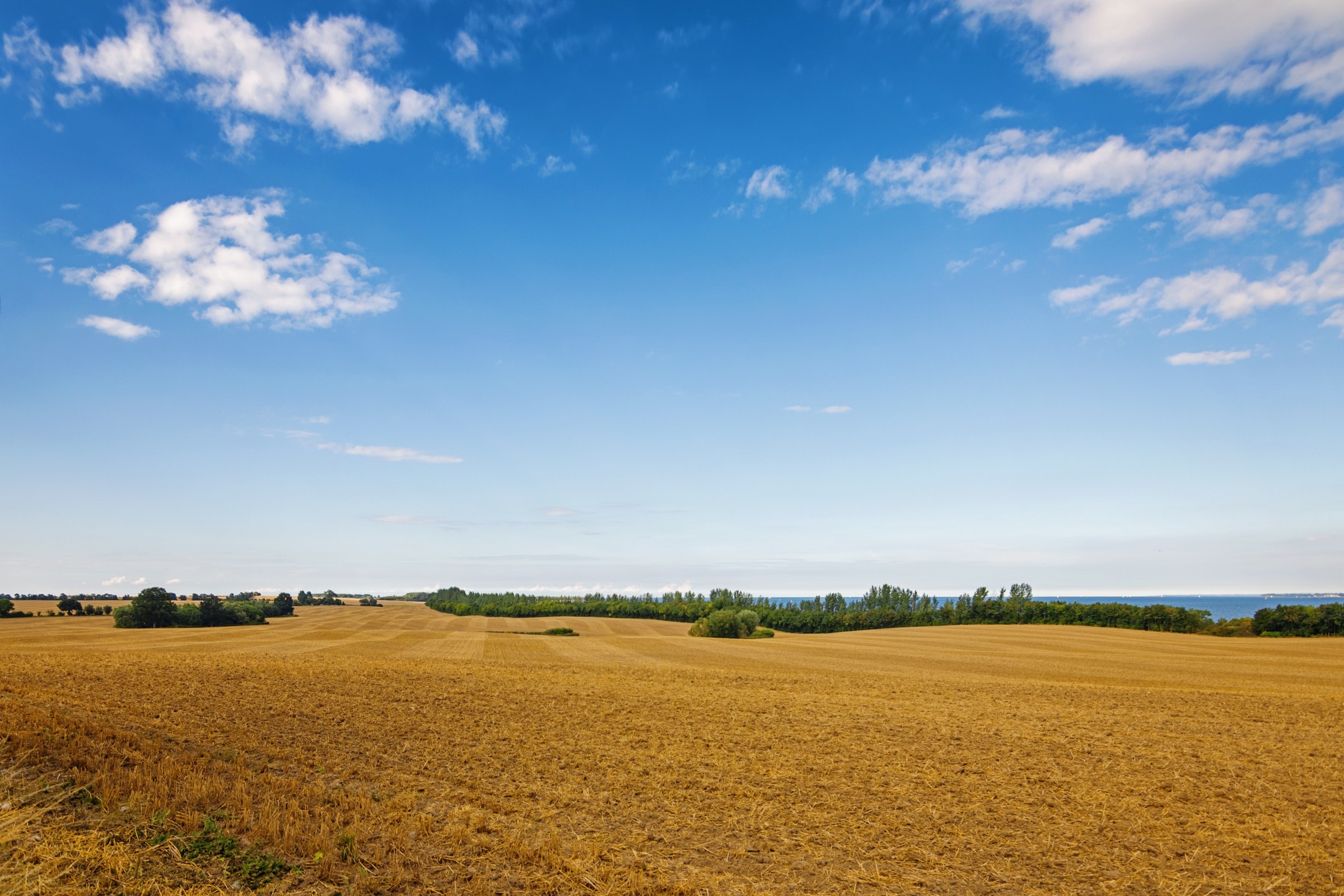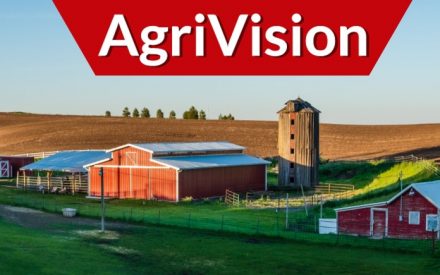Host Katie Wantoch and Ryan Sterry, Professor and Agriculture Agent with Extension in St. Croix County, discuss considerations for renting land from a family member and details that should be included with a written lease agreement.
View Transcript
This is UW Extension’s Farm Management AgriVision Podcast. I am Katie Wantoch Agriculture agent with the UW-Madison Division of Extension. I’ll be chatting with fellow Extension educators as we answer questions from farmers and share our knowledge and expertise on how you can improve your farm management skills.
Today I am joined by Ryan Sterry, Professor and Agriculture Agent with Extension in St. Croix County. Welcome, Ryan to the podcast.
Ryan Sterry
Thank you Katie.
Katie Wantoch
Ryan, on our last podcast episode, we discussed a farmer and his 32-year-old son who farm 1500 acres west of Eau Claire, Wisconsin. They own 700 acres and rent 800 acres within 10 miles of their farm. Last week, the farmer was talking to his 68-year-old brother-in-law, and due to health reasons, he has decided to retire and sell his equipment next spring and rent his 300-acre farm. He asked this farmer if he and his son wanted to rent it. Ryan, what should this farmer and his son consider when renting land from family members? Should this farmer and his son have the rental agreement with the brother-in-law in writing?
Ryan Sterry
I think it’s common for us to hear well as family, you don’t have to do that. You can make the argument it’s family, that’s more reasons to do that. Because you’re going to have to see these people at family functions at holidays. And those things family talks, we all know that. So again, any lease should be in writing, especially when it’s family, just to get ahead and not run into some of those types of situations there.
Katie Wantoch
Definitely Ryan, make sure everybody’s on the same page. They know what’s going to happen. Everything is documented, and especially in case there’s family members that are curious or something happens, then they can let those others know what’s going on, and what was agreed upon, and how to proceed. And making sure that there’s a copy of the lease saved somewhere as well.
Ryan Sterry
And like Katie was just mentioning there, where is a copy of it? Does, you know, somebody else in the family know where a copy of it is just in case something were to happen, especially since we’re talking about some older family members here. We don’t know all the details. But that’s something to keep in mind just so each party knows what the other said. And we don’t get into he said/she said, type situations. And we’d say that with any lease. But again, especially with family, that’s especially an important thing to keep into consideration. And then from there, we can get into the more the details on what are those specific things that should be in the lease? Katie, you deal with this a lot as well. You know, what’s the start and end date? If one party decides, we don’t want to do this next year. When do you notify the other side of that? Do you do that May 1 when the crops are ready to go in the ground? Do you need to do that the fall before in case they’re thinking about doing some fall fieldwork and those types of things. So just kind of have a rough idea of what the fair date for that is going to be. But then we get into, there’s kind of seven things. So there’s an example lease agreement on the farm management website, a great place to start. Who are the parties? What are the dates? A second would be what’s a general description of the property. The third one would be general terms of the lease. Number four would be acceptable land uses those things we just talked about with conservation. Depending on where you are sometimes, you know, do I get the deer hunt, there too gets to be a thing that comes up. So keep that in mind as well. That would be something to include. Number five, payments and due dates. And again, as we’re just talking, not only having that in writing, but being responsible, being trustworthy, that you are going to pay what you say when you say you’re going to pay it. And if you do run into a difficult situation, have a line of communication that you can talk about ahead of time. Don’t talk about it two weeks after you missed a date, get ahead of these things. The sixth consideration in the template, that termination and amendment agreement, how does that look? And finally number seven would be getting it signed. Believe it or not, over our careers, Katie and I have run in situations where people did 90% of this. And there’s a signature missing. That is a big, big problem.
Katie Wantoch
Right. And especially in this case where the farmer and his son are working with the brother-in-law, you want to make sure the farmer and the son, because they’re kind of working in partnership together both sign the form. And if the brother-in-law has a spouse, then you would want the spouse, in case something happens to the brother-in-law, in this case, as well as potentially the farmer and his son and those spouses because in the state of Wisconsin, we’re a marital property state. We share everything with our spouses here in Wisconsin. So making sure that you’ve got the appropriate signatures. Like you said Ryan, the topic hub, farms.extension.wisc.edu, there’s example cash leases as well as AgLease101.org has some great examples of leases, whether they’re looking at cash or flexible rent. Even Ag buildings and facilities also lease examples there at that AgLease101 website. A lot of great information that you shared with us today, Ryan, anything else that you want to comment on?
Ryan Sterry
No, but I would just second, go to the Farm Management topic hub. Get an example lease, there’s other examples out there. I wouldn’t say there’s one that’s right or wrong, we want to make sure you have those key things on there that make it a legal agreement. Where we’ve seen some that just have one or two components, it’s not going to stand up to a legal challenge. So just keep that in mind. But you can make this as short or long as you want to, there’s some example leases out there. You don’t have to do all of it. Some of them have all the different options in there for you. So you can pick and choose, that’s perfectly fine too. But don’t let it overwhelm you. If you see one that is more than one page. We don’t need more than one page for this. We get that, go through there. But just make sure you have those kinds of six, seven things in there that are gonna make it a legal agreement.
Katie Wantoch
Well, Ryan, thank you so much for joining us on the podcast today.
Ryan Sterry
Appreciate it, Katie.
Katie Wantoch
Just a reminder, Ryan and I are educators, not attorneys. The information in this podcast was intended to provide general information about legal issues in agricultural leasing, and should not be construed as providing legal advice. It should not be cited or relied upon as legal authority. For advice about how the issues discussed here might apply to your individual situation, you should consult an attorney.
For more Extension Agrivision podcasts or resources to improve your farm management skills, check out farms.extension.wisc.edu. Thanks for listening.
Related Resources
Information in this article was originally published as part of the Agrivision column in Wisconsin Agriculturist.
Extension resources


 AgriVision Episode 24 - Golden opportunity? Part 1
AgriVision Episode 24 - Golden opportunity? Part 1


